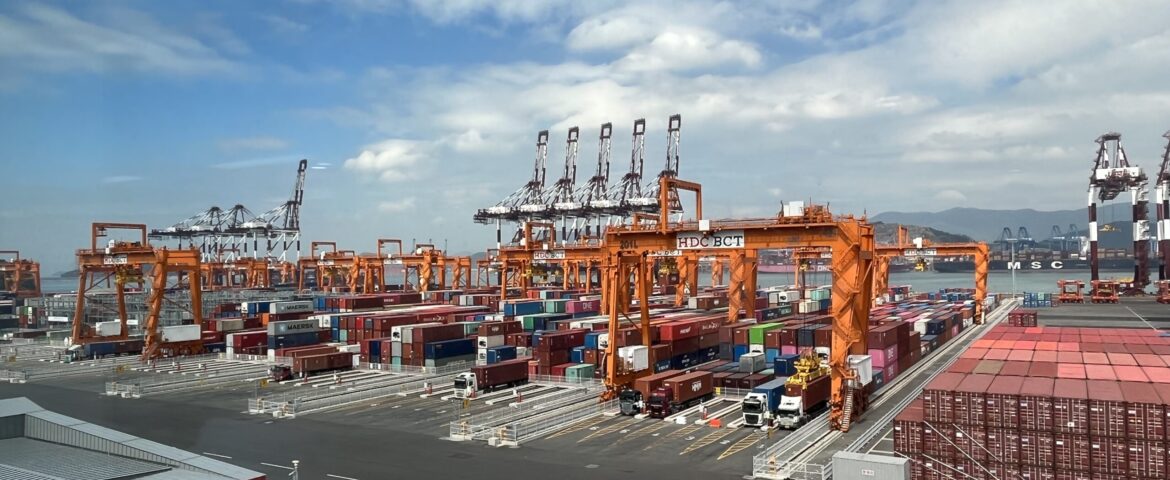Do you want to understand better why fewer than 80 container terminals are automated?
PortEconomics members Theo Notteboom, Thanos Pallis & Geraldine Knatz examine stakeholders’ attitudes toward container terminal automation, aiming to place terminal automation as an innovation trajectory in the broader context of stakeholder relations management.
More specifically, their port study:
- Position terminal automation as an innovation trajectory within the broader context of stakeholder relations management.
- Details how the stakeholder environment plays a crucial role in shaping the path toward adopting innovation
- Focuses on key stakeholders, including governments, port management entities, dockworkers, local communities, ocean carriers, and supply chain actors, such as logistics service providers.
- Employes a survey-based approach, the descriptive statistical results capture these attitudes as perceived by terminal operators who have implemented automation.
- Statistical analysis techniques are used to investigate the potential relationships between the factors driving automation and stakeholder views, the shifting of stakeholder attitudes over time, and their regional variations.
The research provides valuable insights into the challenges and strategies for fostering innovation in port operations. Furthermore, this portstudy positions terminal automation as an innovation pathway within the broader framework of stakeholder relationship management, offering a comprehensive understanding of the dynamics that shape its adoption.
The portsudy has been published in the scientific journal Maritime Economics and Logistics and can be freely downloaded here.
The Open Access publication has been generously funded by HEAL-Link (Hellenic Academic Libraries Link). The study has been funded by METRANS & the VREF Volvo Research and Educational Foundations.












